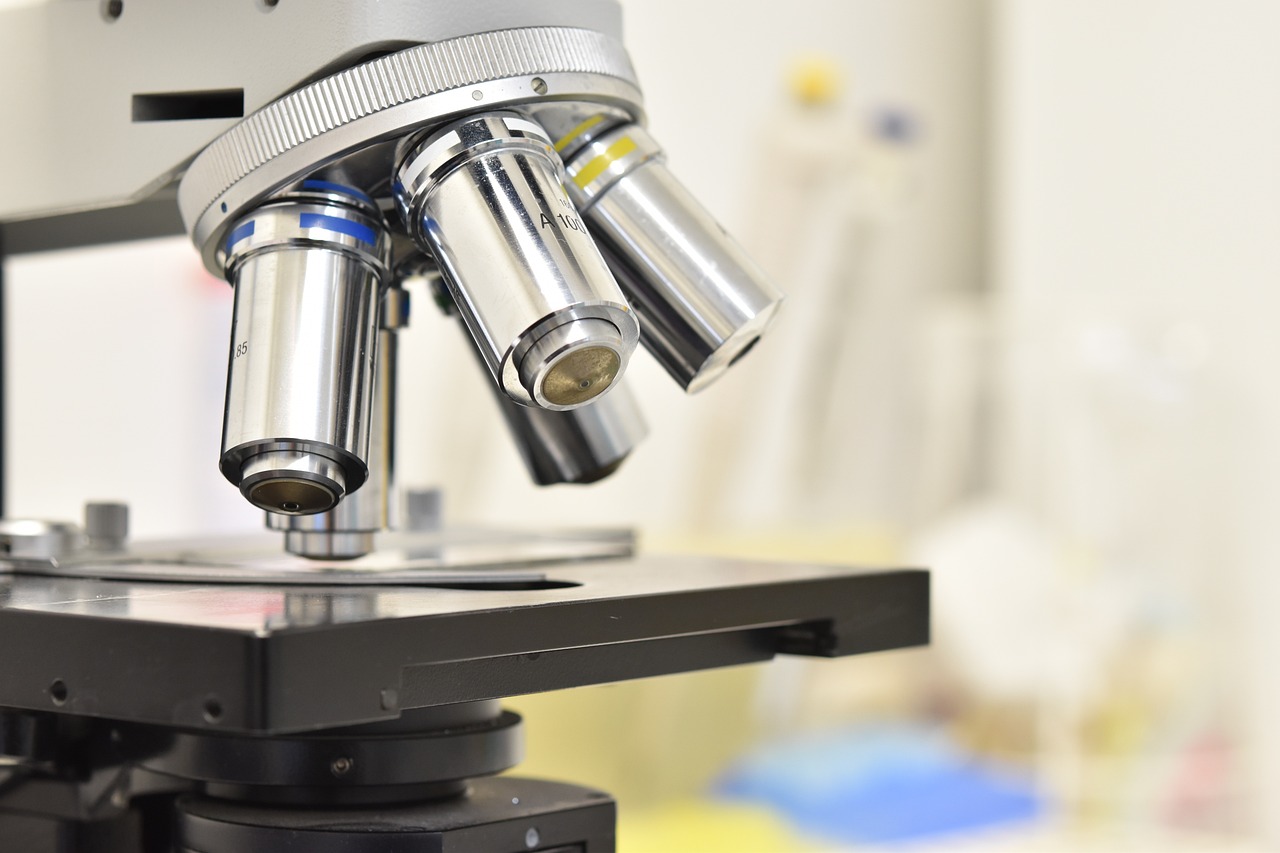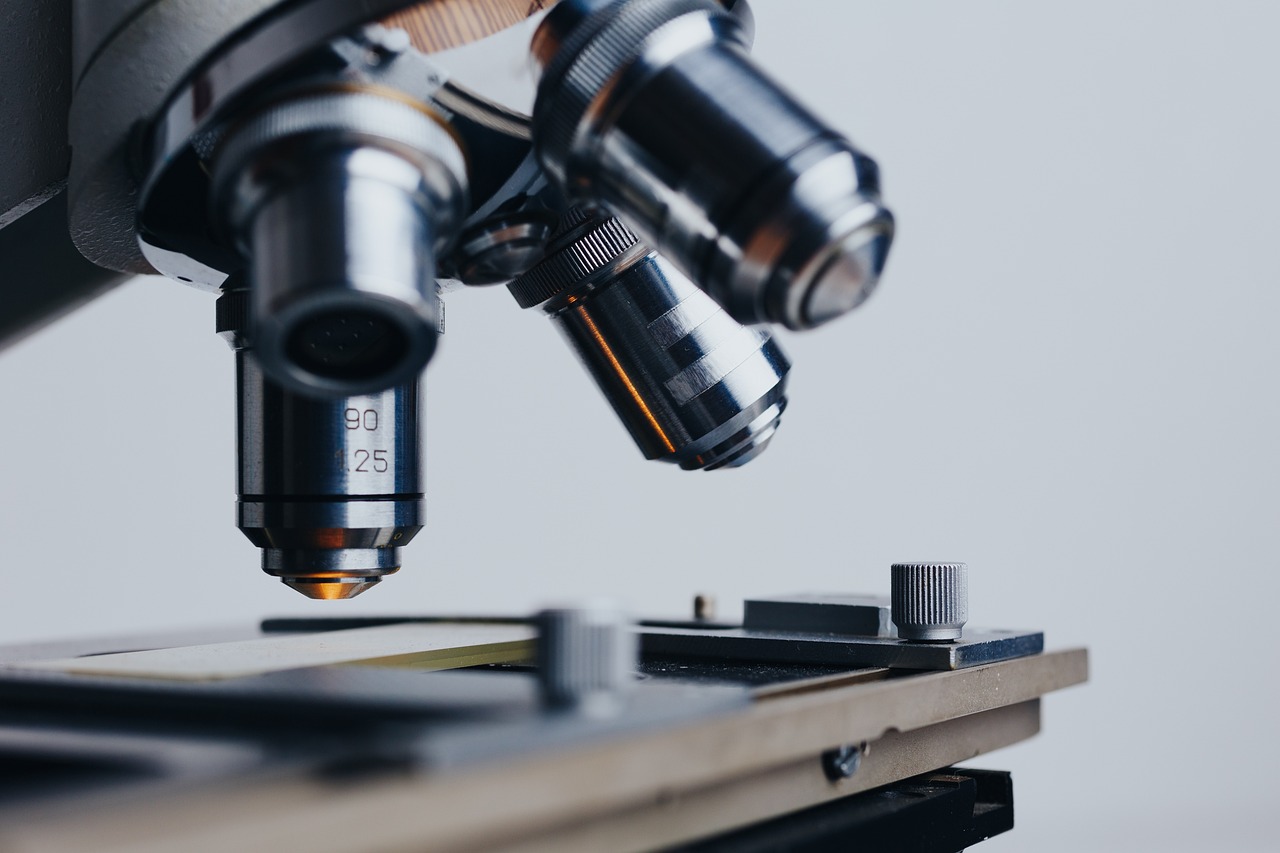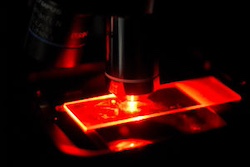
- Teacher: Maria Azevedo
- Teacher: Maria Gomez Lazaro
- Teacher: Paula Sampaio

- Teacher: Maria Azevedo
- Teacher: Paula Sampaio

Atomic Force Microscopy (AFM) is a powerful tool to study human pathology, that can work in physiological conditions using different molecules, and cell/ tissue. In this training, participants will be introduced to the AFM coupled with an Inverted fluorescence microscope, having the opportunity to learn about the determination of morphometric parameters and the characterization of biomechanical properties of cells.
Participants will learn how to use different software for the analysis of the data arising from these studies. Applets software will be used to analyze the force-distance curves, to calculate the mechanical properties of the samples.
- Teacher: Manuela Brás

